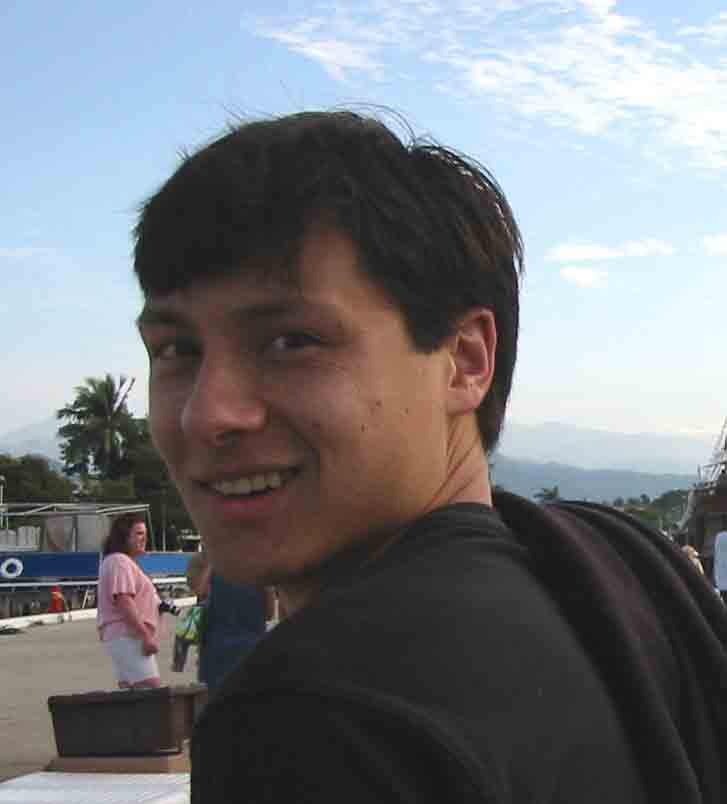Advice on applying for an NIH K99 Pathways to Independence Award
I was recently awarded an NIH K99 from NIGMS for my proposal entitled "Cooperation and conflict in microbial systems: sucrose metabolism in yeast". Although my application was successful, I made a number of mistakes that ended up being rather costly.
In brief, the K99/R00 program is a bridging grant designed to provide support for the final 1 - 2 years of a postdoc (K99 phase) and the first 3 years of a faculty position (R00 phase). The grant is worth $90,000/yr during the postdoctoral phase and $250,000/yr during the faculty phase (amounts include F&A overhead).
The biggest mistake that I made was to ask for only one year of postdoctoral funding. I was treating this as an estimate of how long I expected to be in my postdoc, but this request cannot be changed. This mistake was particularly bad because the transfer from K99 to R00 is supposed to be continuous, meaning that if you don't get a job in the year that you apply then you may not be able to claim the R00 phase of the award. So I would definitely suggest that everyone ask for two years of K99 funding.
On a related note, ask for full funding at all stages of the award. You will need the money and asking for less doesn't seem to get you any points for modesty.
The proposal is <= 25 pages, which must include a Career Development Section. The NIH takes this very seriously, so you should try to include everything that you can think of (expect to write five or more pages on this).
Your grant will be reviewed in depth by three people and then the entire review section will vote in order to give you a priority score (100 perfect and 500 very much not perfect). In case you are curious, I got a 149. I don't know what the cutoff was (or even if this is a well defined question), but I was certainly curious after I got my score what it might mean!
Another important point that I didn't realize when applying is that the NIH does not want you to have accepted (or even been offered) a faculty position at the time of the award, even if you plan on delaying your start date. This means that you probably cannot apply for faculty positions in the Fall and at the same time apply for a K99 in the November slot (which is not reviewed until ~ April of the next year).
One last piece of advice: Before applying call a program officer and ask for advice. They are generally happy to answer questions and they have seen many applications go through the entire process.
Good luck!

